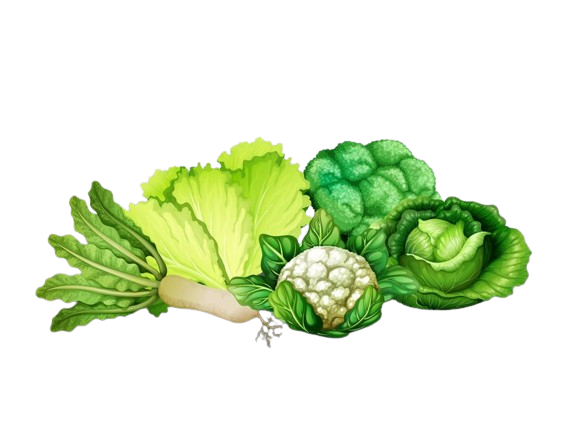Introduction: The immune system consists of cells, tissues, and proteins that together fight against pathogens like bacteria and viruses that can cause infections. The immune system works by releasing antibodies that kill pathogens and keep the body healthy.There are many causes of low immunity which includes genetic factors, poor mental health, pollution, poor diet, lifestyle and metabolic issues. All these problems can be overcome with the help of various tips that are easy to follow.
How your immune system works :
Your immune system works to recognize and identify an infection or injury in the body. This causes an immune response, with the goal of restoring normal function. Many people think that when they get sick, their symptoms are a sign that they have a virus or an infection.
However, your symptoms are actually a sign that your body is fighting back against the infection or virus, triggering an immune response.
Boosting your immune system with foods :

Citrus fruits are loaded with cold-fighting vitamin C.
Leafy green vegetables are packed with antioxidant vitamins that are important to immune health.


Yogurt, and other fermented foods improve gut health, which is linked to your immune health.
Berries contain nutrients called flavonoids that have been shown to reduce respiratory illnesses.


Ginger has anti-inflammatory effects that may affect immune function.
Power of Vitamin D : The Sunshine Vitamin
Vitamin D is your immune system’s best friend it’s vital for the activationof our immune systems. Without healthy levels of this nutrient, our bodies can’t fight off infections. Vitamin D promotes your immune system by supporting a healthy respiratory system, keeping you away from the common cold, bronchitis, flu, and more.
Vitamin D is mainly produced via sun exposure .Depending on the melanin levels in your skin, you should aim to get at least 10-30 miunutes of sunlight multiple times a week.
Naturally, our access to sunlight diminishes during winter. Shorter days and colder weather cause decreased sun exposure — and as a result, decreased vitamin D levels. So, soak up some natural sunlight or consider taking a vitamin D dosage, especially during the darker months. Check with your healthcare provider for the right dosage.
Six science-backed ways to build and maintain a strong, healthy immune system:
1) Stay up-to-date on recommended vaccines
2) Maintain a healthy diet
3) Exercise regularly
4) Hydrate, hydrate, hydrate
5) Get plenty of sleep
6) Minimize stress
One last word on supplements :
Eating healthy foods that contain micronutrients is always better than taking a supplement
Though, supplements are better than nothing for a person with a known nutrient deficiency, when natural food is not enough.
If you’re worried you may have a nutrient deficiency, it’s best to consult with your doctor before taking a supplement. Unlike medications, supplements aren’t regulated or approved by the FDA
